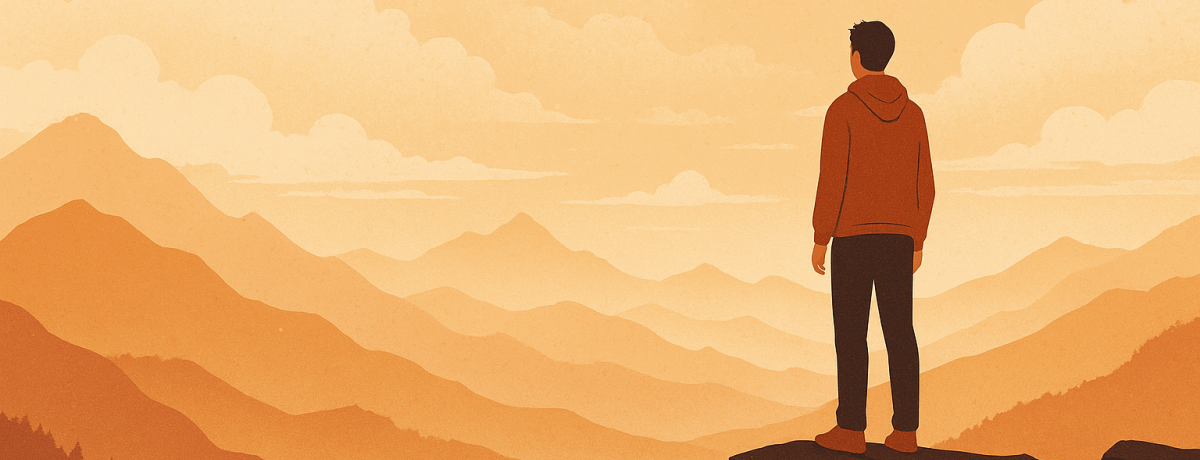
It Is OK to Be Nervous
In schools today – both in the classroom and in the staffroom – we are facing a troubling new cultural norm: the idea that everyone should feel happy and worry-free at all times. Since around 2015, there has been a growing belief that happiness (or perhaps more accurately, a complete absence of discomfort) should be the norm. As a result, entirely normal human emotions are increasingly treated as if they are medical conditions.
Pupils now routinely describe themselves as having "anxiety" in situations where, only a decade ago, they would have simply said they were "a bit nervous." And the same is true among an increasing number of the workforce. This change in language is not harmless – it reflects a deeper confusion about what it means to be human.
For the avoidance of doubt or misreading of my intent, let me be clear: genuine anxiety disorders are real, serious, and deserving of support. But that is not what I’m talking about here. Real anxiety is debilitating. Panic attacks are terrifying, and clinical anxiety disorders require compassion, professional support, and careful attention. But we must not conflate this with the entirely natural feelings of nervousness that accompany many of life's rites of passage.
Part of growing up is learning to name emotions accurately. Not every flutter of the heart is anxiety. Sometimes it is simply anticipation, care, or the ordinary discomfort of stepping into something new.
Giving a public speech. Going on a foreign trip for the first time. Meeting new people at a social function. Abseiling. Sitting an examination. Attending a performance management meeting. All of these are part of a healthy, normal life and all of them come with a natural uptick in heart rate, a moment of hesitation, or a knot in the stomach. None of this is a sign that something is wrong, but rather a sign that something important is happening.
If we continue to label every moment of discomfort as pathology, we risk stunting the very growth we seek to enable in our schools and public institutions. We risk pupils opting out of opportunities that shape character. We risk colleagues avoiding the very moments that build their resilience and help them to become more. We are arresting development and limiting potential.
We should remind ourselves that humans are not fragile systems to be protected from every bump or shock. They are antifragile. Just as bones grow stronger when stressed and the immune system matures through exposure to pathogens, so too do character, judgment, and resilience deepen when tested. We are evolved to grow through challenge. That does not mean we should expose individuals to overwhelming harm, certainly not. But it does mean that wrapping them in the cotton wool of constant comfort does more harm than good in the long term.
To accept this relentless pursuit of perpetual ease is not compassionate. It tells people that the highest good is the absence of discomfort, and that anything which threatens their emotional equilibrium must be avoided or removed. But life is not like that. Life is difficulty and delight. Life is pain and perseverance. Life is joy, but it is also fear, challenge, terror and all the rest.
We are supposed to feel a range of emotions. That is what it means to be a person. There is a word for someone who never feels fear or anxiety: psychopath. Let us not treat that condition as the ideal.
In our schools and in wider society, we should not be afraid to say this openly: it is OK to be nervous. In fact, it is often good to be nervous. It is the sign of a life being lived. It is an indication that you are about to grow into something more than you were yesterday. It is an important signal that something matters.
We owe it to our pupils, their families, and our colleagues to remind them of this: you do not need to avoid a feeling of nervousness. Embrace it. You are growing.
You do not need the universe to bend to your comfort. You need to find your place in the world and contribute. Not as a selfish demander, but as a collaborator in the common good.
And sometimes, often, even, that will feel scary.
Good. That is how you know you are doing it right.